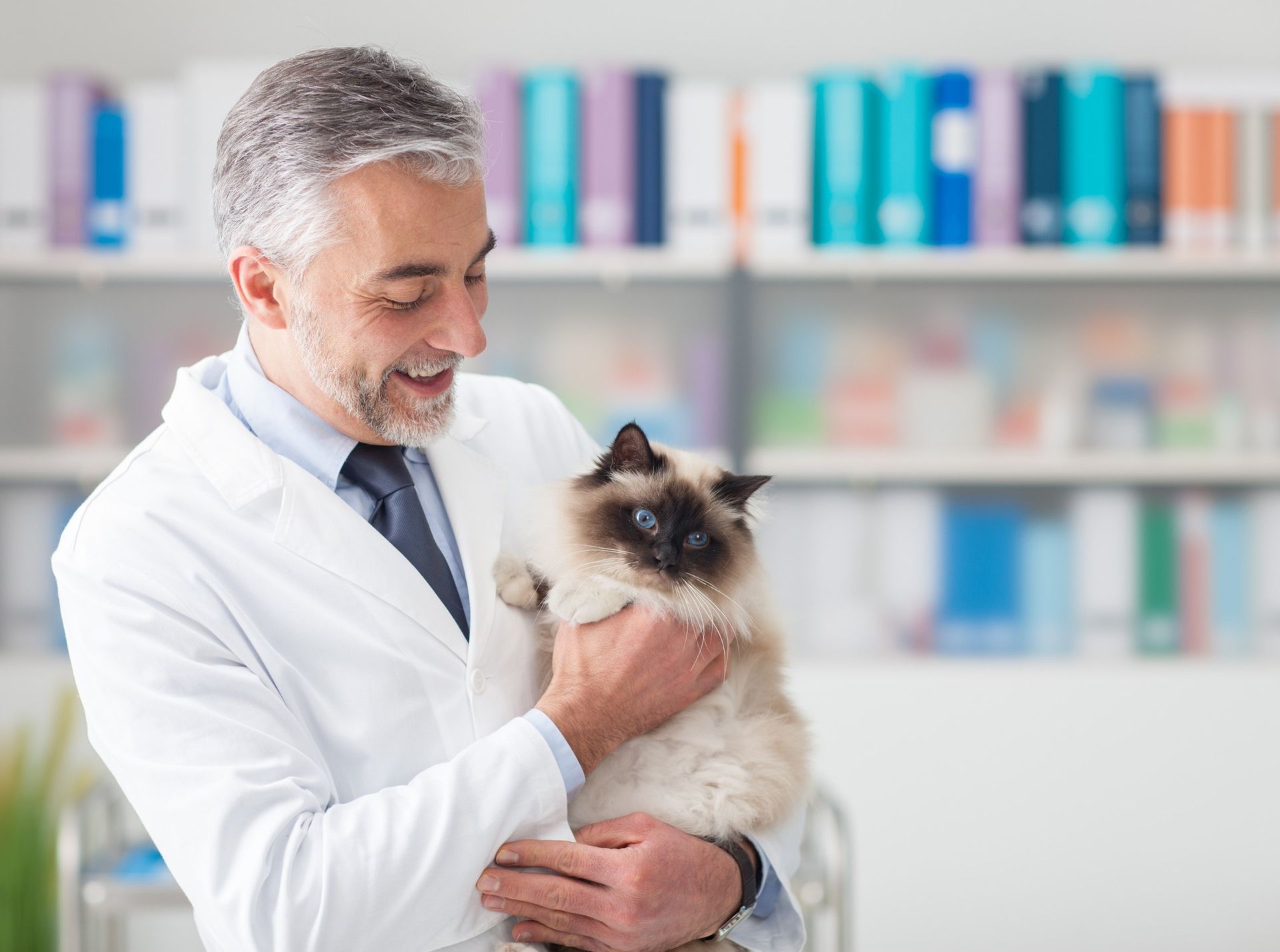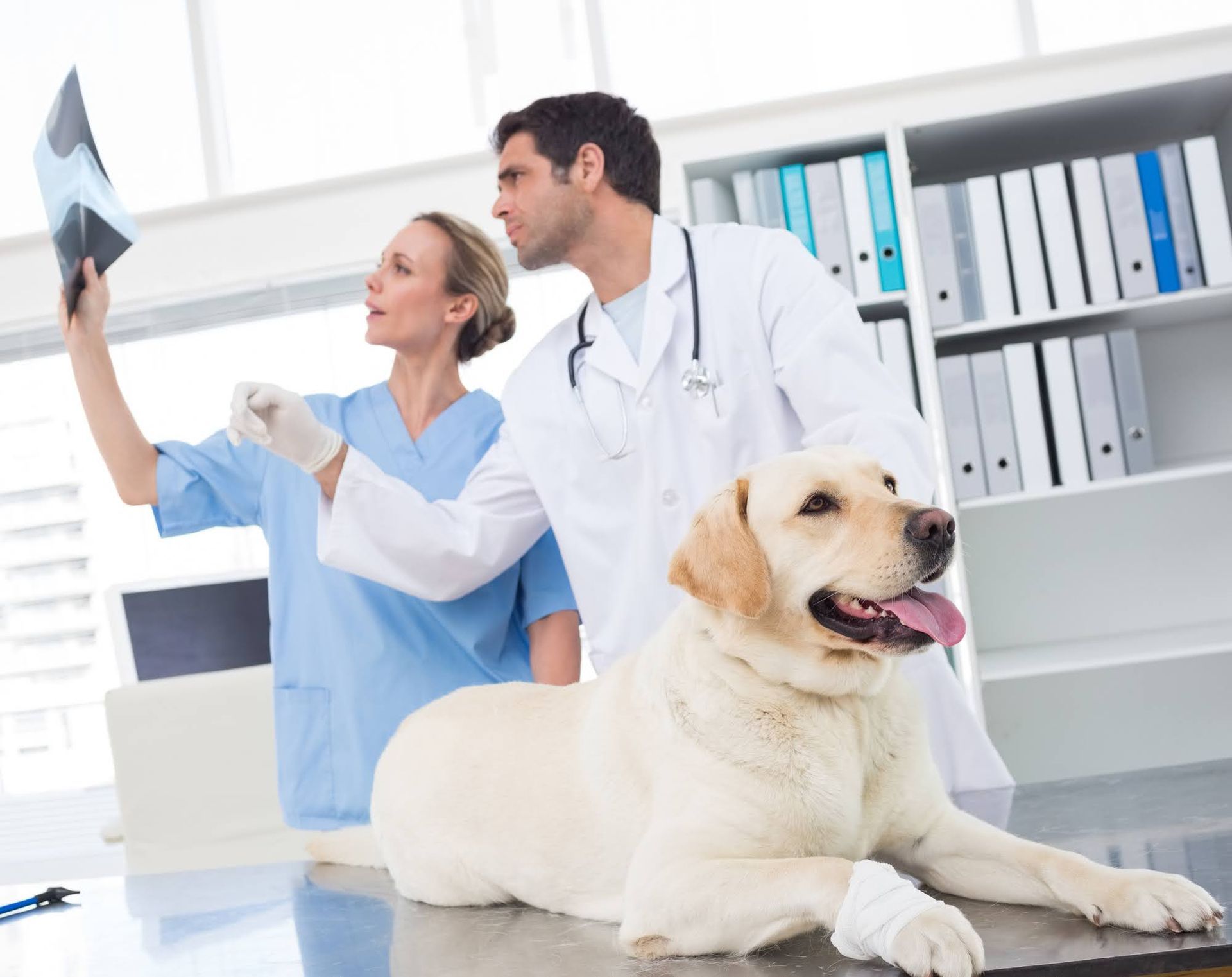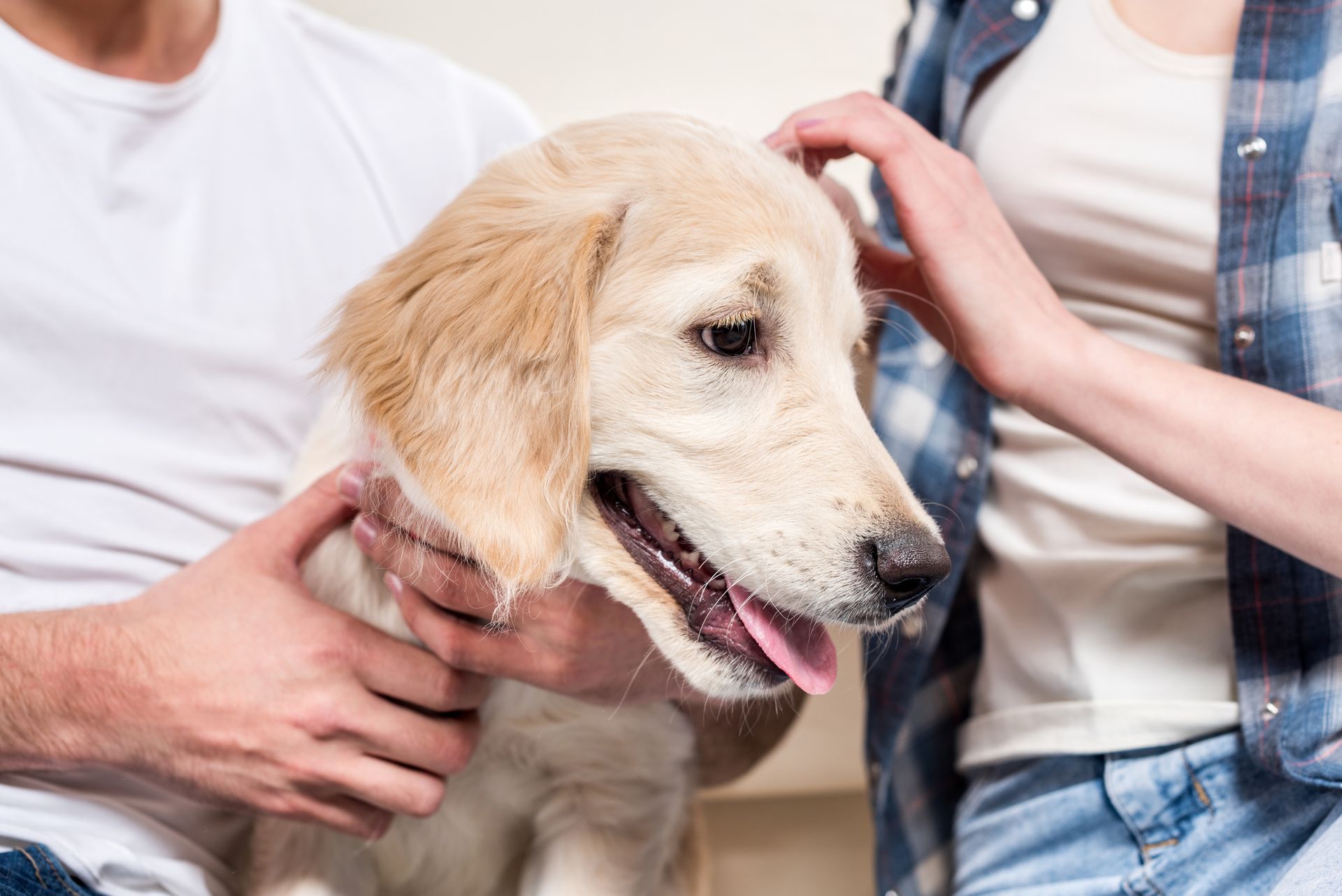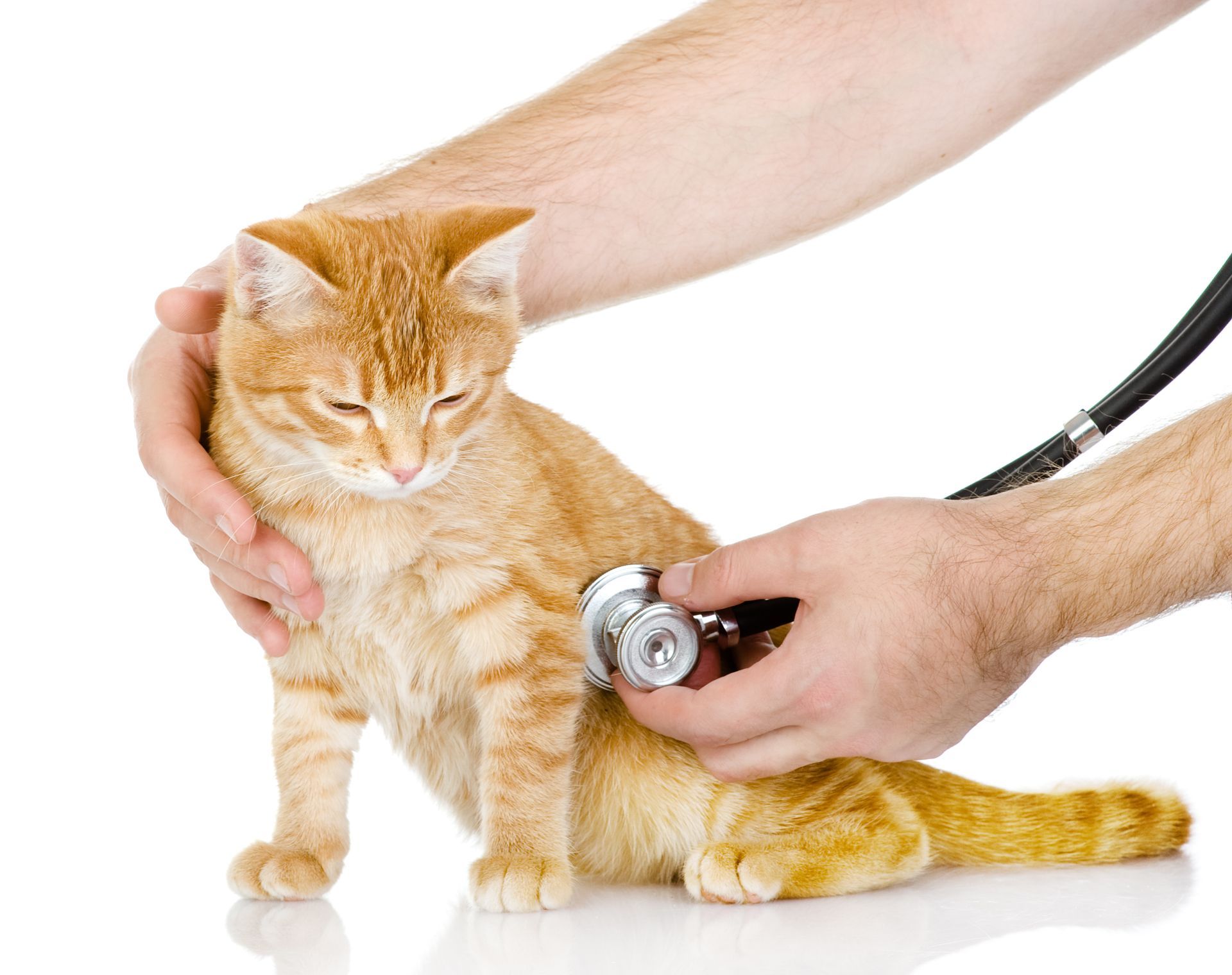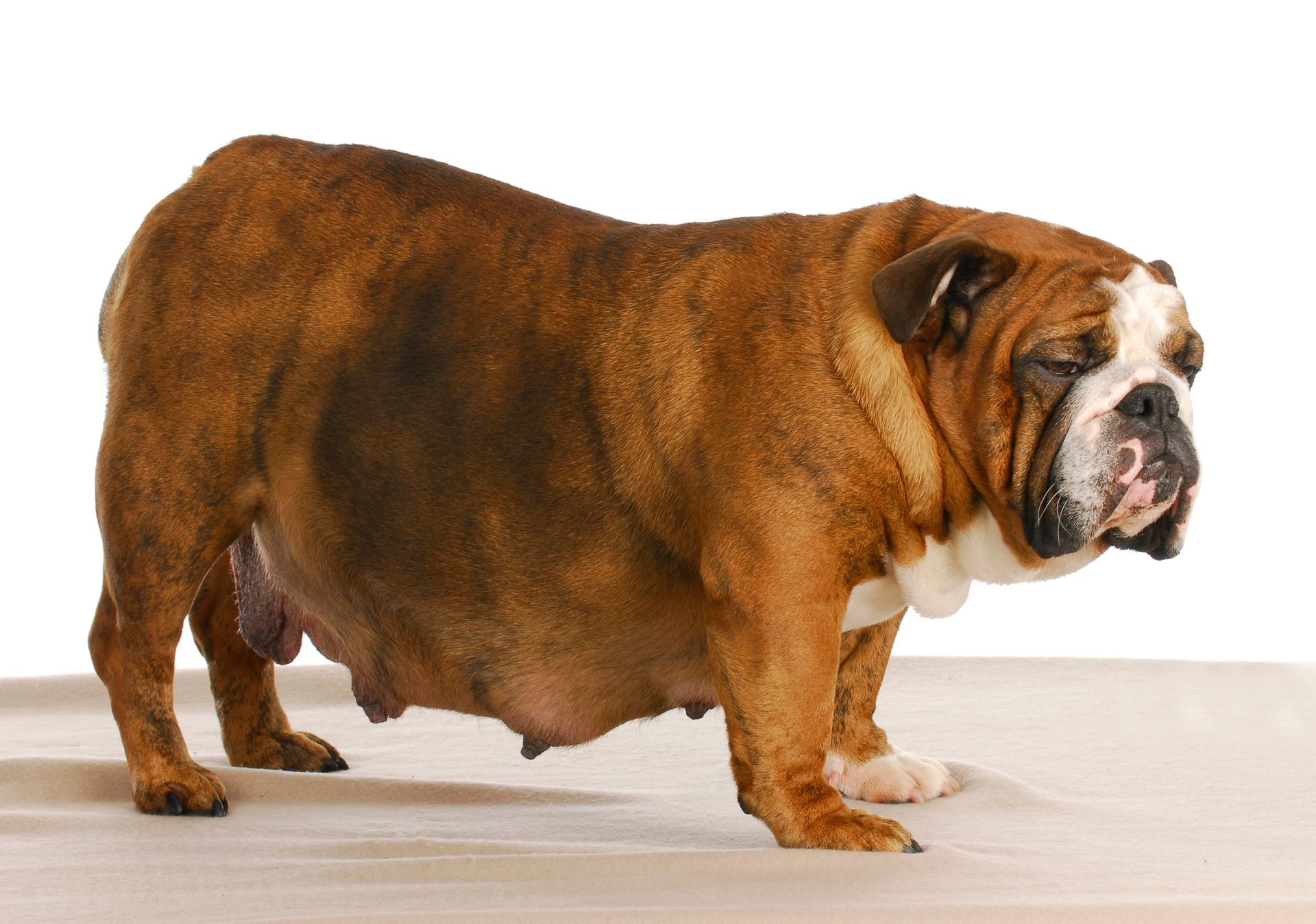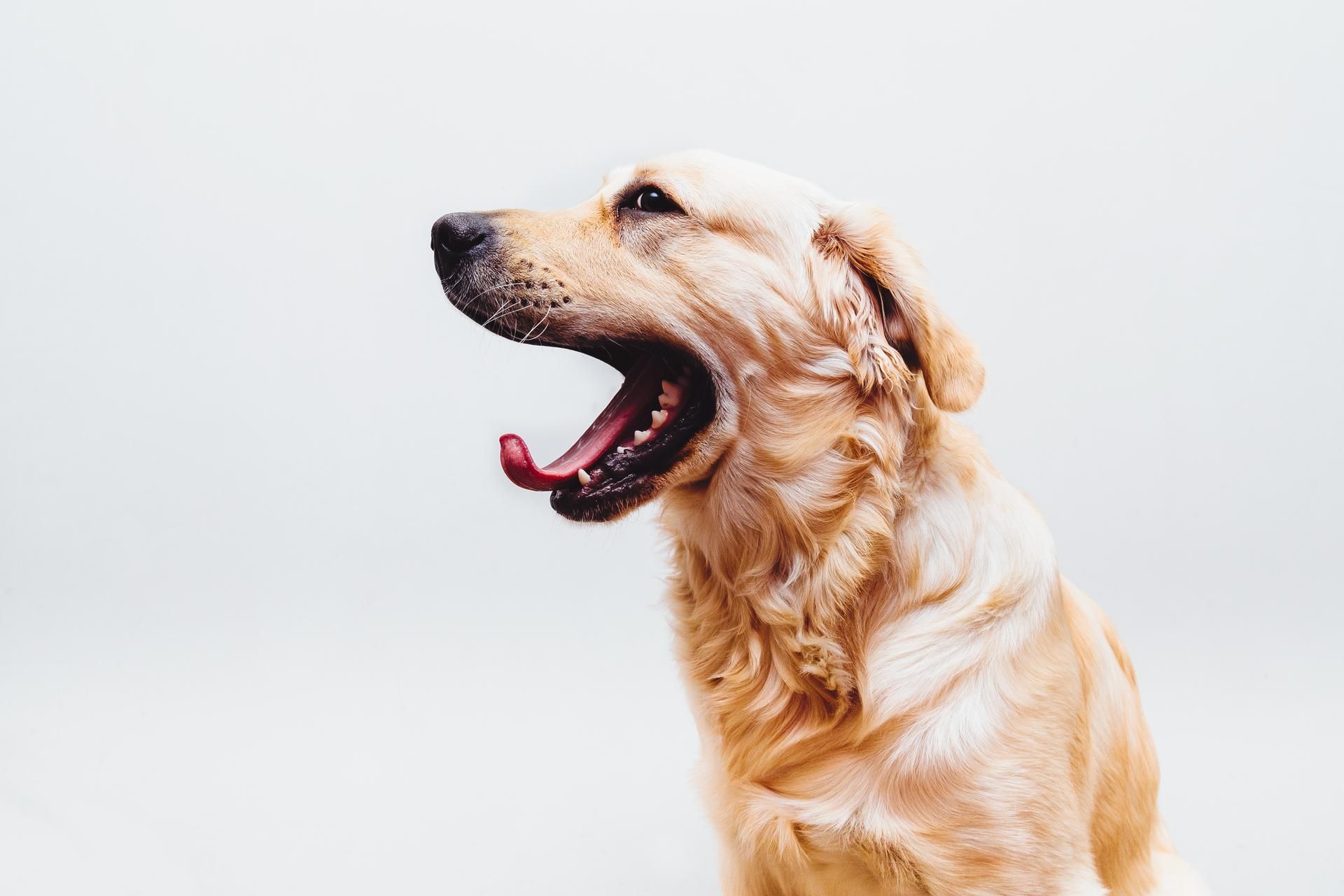4 Areas Veterinarians Check During Wellness Exams
Admin • October 9, 2020
Your dog needs to go to the veterinarian for routine wellness exams. These exams are the best way to catch health issues in your dog as early as possible. The earlier a veterinarian diagnoses sickness and disease in your dog, the easier they are to treat.
When you bring your dog to their wellness exam, the veterinarian will analyze these four things to get a good idea of how healthy your dog is and whether any problems need to be addressed.
1. Nutrition
Your dog needs a well-balanced diet. The right foods mean your dog is getting an adequate supply of nutrients, which help in the following areas:
- Cell maintenance
- Growth
- Overall health
If your dog doesn't have any food allergies or any other special dietary needs, high-quality commercial dog food will give your dog all the required nutrients. A veterinarian can help you determine how many calories your dog needs and how often they should eat.
When your dog eats right, they will be able to maintain a proper body weight, which reduces the chances of disease and allows your dog to live longer.
2. Breathing
Your dog's respiratory system has many important functions, including:
- Delivers oxygen to the body
- Removes carbon dioxide from the body
- Filters out particulate matter
- Protects the airways
If your dog's respiratory system is not properly performing the above functions, your dog may have a respiratory disease. Some of the most common respiratory diseases in dogs include pneumonia, asthma, lung tumors, and kennel cough.
When assessing your dog's breathing, the veterinarian will ensure your dog has a proper respiratory rate. The respiratory rate depends on the size of the dog and usually ranges from 10 to 30 breaths per minute.
3. Coat Care
A dog's coat says a lot about their general health. A healthy coat is smooth to the touch, shiny, and bright and should smell good. If your dog's coat contains all of these characteristics, they are getting the proper nutrients. If your dog's coat is brittle and coarse, you may need to change their diet.
When a veterinarian examines your dog's coat, they will be able to tell if you properly groom your dog. If your dog's coat is matted, it will be prone to a particular bacterial infection called hot spots. These hot spots start out as infected bites and can cause the fur to fall out. The veterinarian will also make sure your dog sheds the normal amount for its breed.
4. Oral Health
Did you know that dogs can have dental disease? A dog's teeth can accumulate plaque, tartar, and bacteria, all of which are detrimental to a dog's oral health. For this reason, have a veterinarian clean your dog's teeth on a regular basis.
The veterinarian will examine your dog’s teeth during a routine checkup. The veterinarian will check the gums and looks for teeth that are broken or loose. If your dog's oral health is poor, it could lead to the following problems:
- Tooth loss
- Bad breath
- Oral pain
- Worsened dental disease
In severe cases, poor oral health causes bacteria to enter the bloodstream, which could result in organ damage.
How often you bring your dog in for a wellness check depends on their age. Puppies need to go in more often as they need routine vaccinations. Veterinarians recommend that dogs between the ages of 1 and 7 should have a wellness exam once a year. Older dogs usually need to be seen by a veterinarian twice a year.
If your dog needs a wellness exam, contact Angel Pet Hospital to schedule an appointment. We offer free exams for first-time visits.



